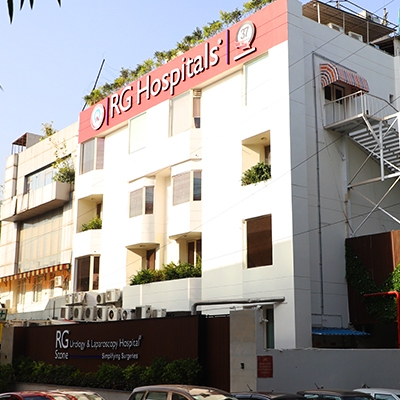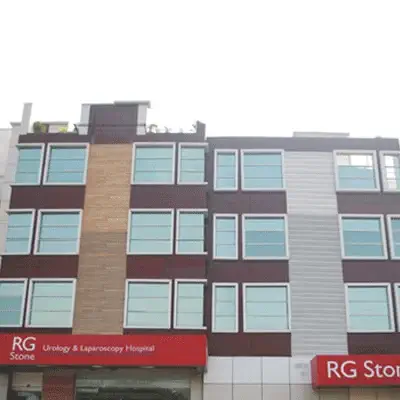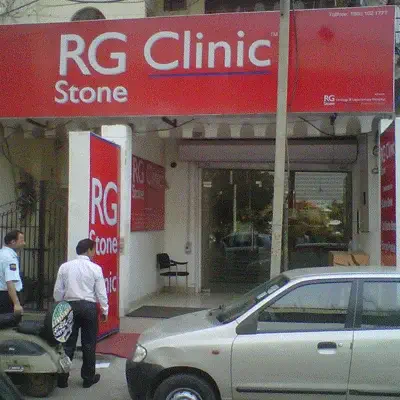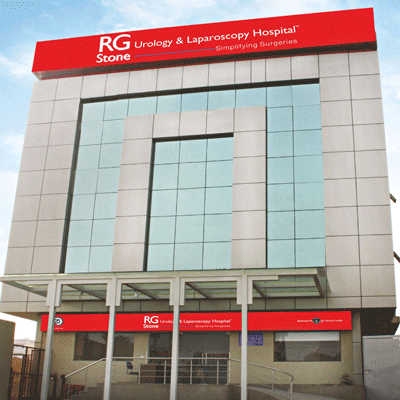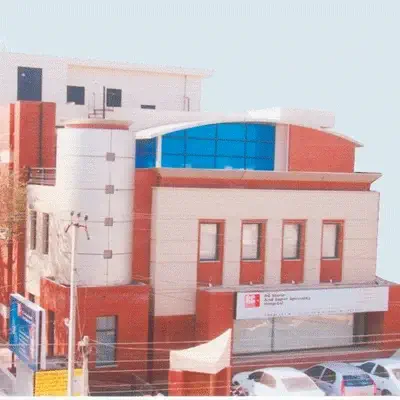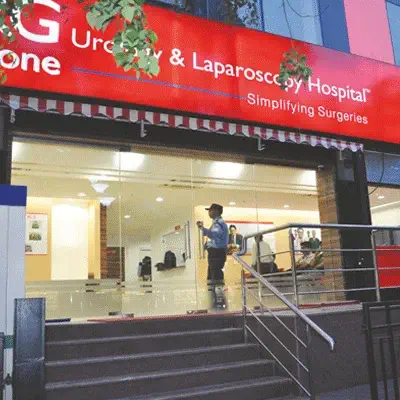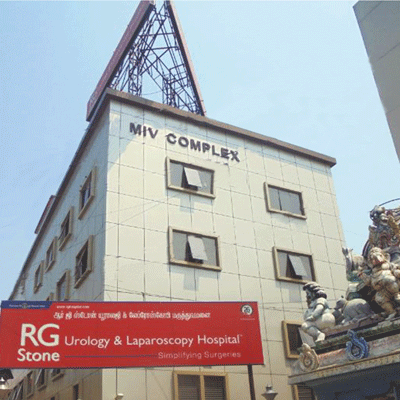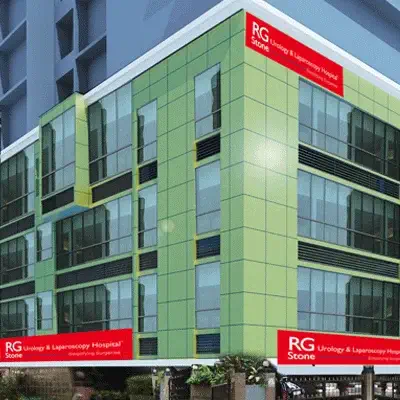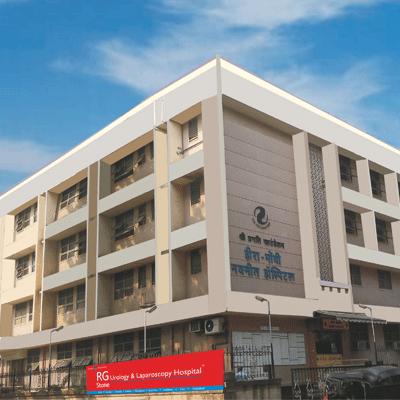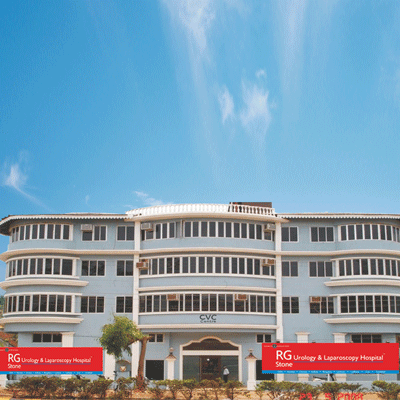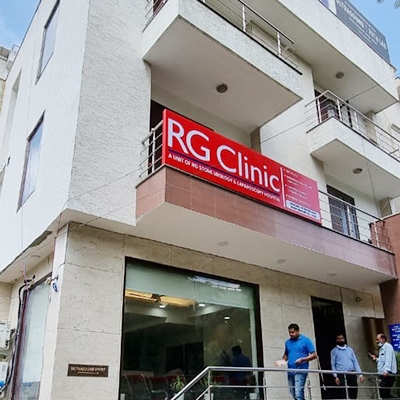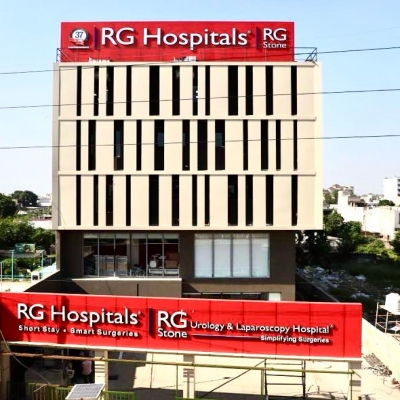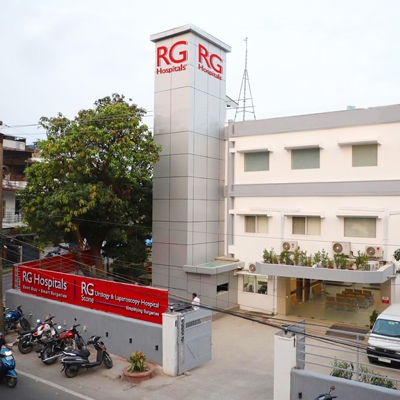Alcoholic liver disease (ALD) is a spectrum of liver damage caused by excessive alcohol consumption. It begins with fatty liver and progresses to more severe conditions like alcoholic hepatitis, cirrhosis, and liver failure. In the early stages, ALD may be asymptomatic, but as the condition progresses, symptoms such as jaundice, abdominal pain, swelling, and fatigue become more pronounced. Chronic alcohol consumption leads to liver inflammation, scarring, and impaired liver function. The liver's ability to detoxify the body decreases, causing a buildup of toxins that can affect other organs. Early diagnosis and cessation of alcohol consumption are crucial for halting the progression of the disease.
Procedures & Interventions
Stopping alcohol consumption is the most effective way to manage ALD and prevent further damage. Nutritional support, including a balanced diet and vitamin supplements, can also aid liver recovery.
Corticosteroids and other anti-inflammatory medications may be used in cases of alcoholic hepatitis to reduce liver inflammation.
In cases where liver failure occurs, a liver transplant may be required, especially when other treatments have failed to stop the disease progression.
Patients with alcoholic liver disease often suffer from malnutrition due to poor dietary habits. Nutritional counseling and supplements can help support liver health and improve recovery.
For advanced cases, managing complications like ascites, varices, and liver encephalopathy is essential for improving the patient’s quality of life and preventing further damage.

Stopping alcohol consumption is the most effective way to manage ALD and prevent further damage. Nutritional support, including a balanced diet and vitamin supplements, can also aid liver recovery.

Corticosteroids and other anti-inflammatory medications may be used in cases of alcoholic hepatitis to reduce liver inflammation.

In cases where liver failure occurs, a liver transplant may be required, especially when other treatments have failed to stop the disease progression.

Patients with alcoholic liver disease often suffer from malnutrition due to poor dietary habits. Nutritional counseling and supplements can help support liver health and improve recovery.

For advanced cases, managing complications like ascites, varices, and liver encephalopathy is essential for improving the patient’s quality of life and preventing further damage.
Team of Excellence
Behind every recovery story at RG Hospitals is a team of exceptional doctors whose passion for healing and innovation continues to transform healthcare and redefine patient outcomes.
Find a DoctorLooking for an Expert
RG Hospitals is proud to be the home of some of the world's most distinguished doctors.

Patient Stories
View AllPatient Testimonial | Commitment To Care
Treated by Dr. Manoj Gupta , RG Stone Hospital, Dehradun
- All Locations
- New Delhi
- Haryana
- Punjab
- Kolkata
- Chennai
- Mumbai
- Goa
- Uttar Pradesh
- Uttarakhand


